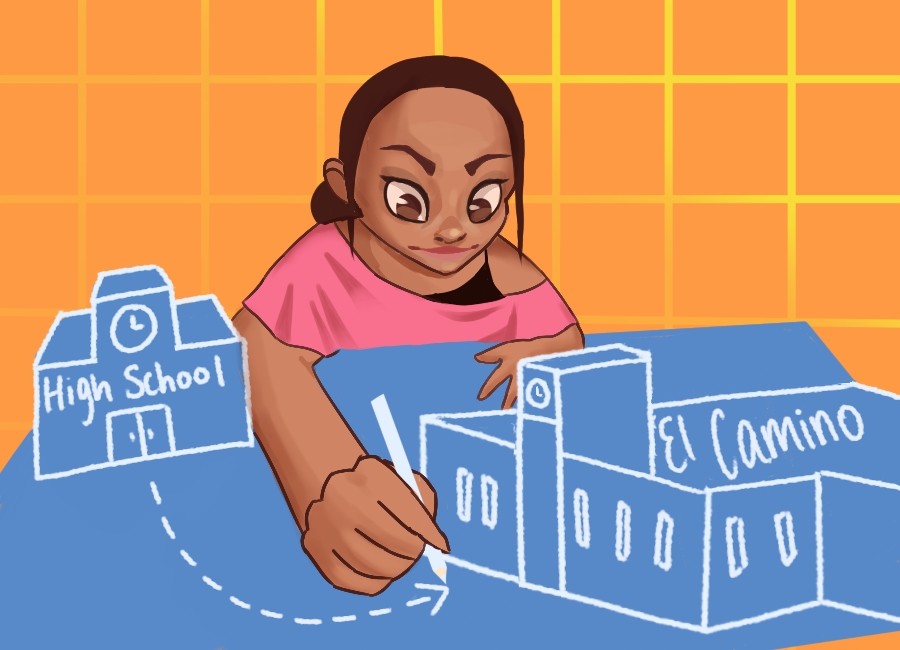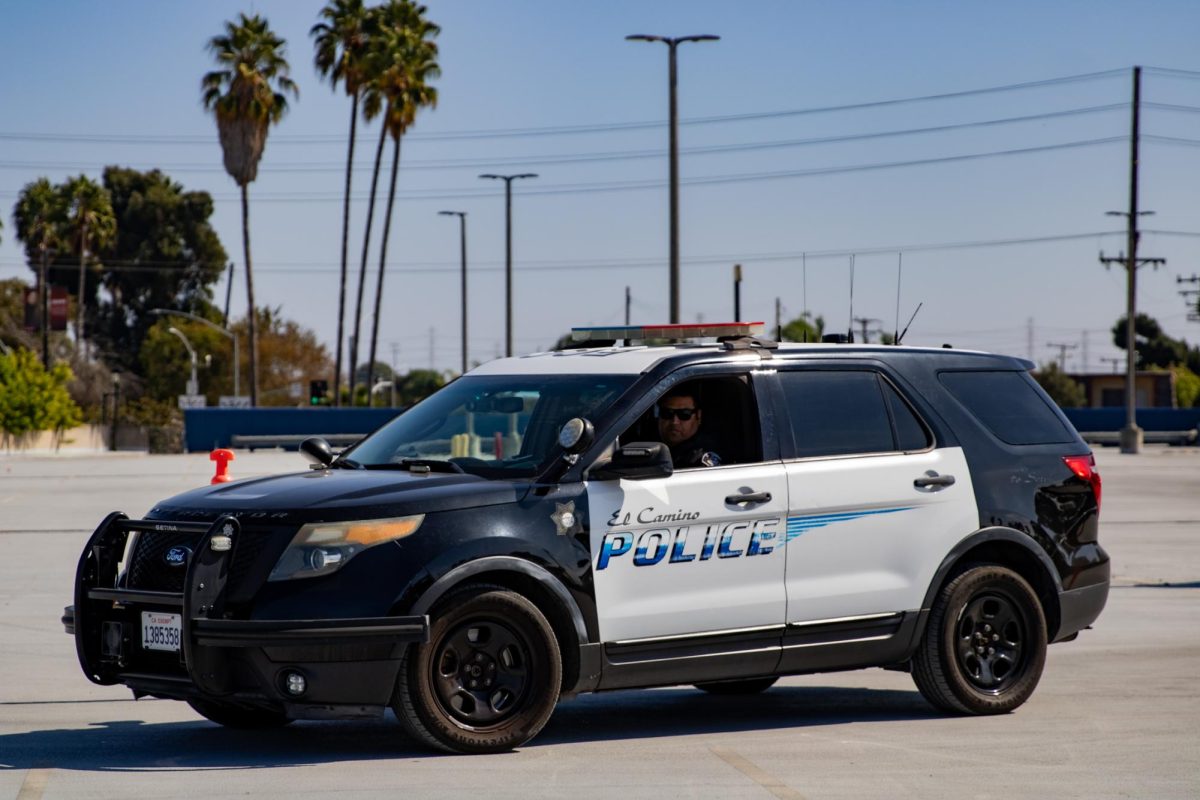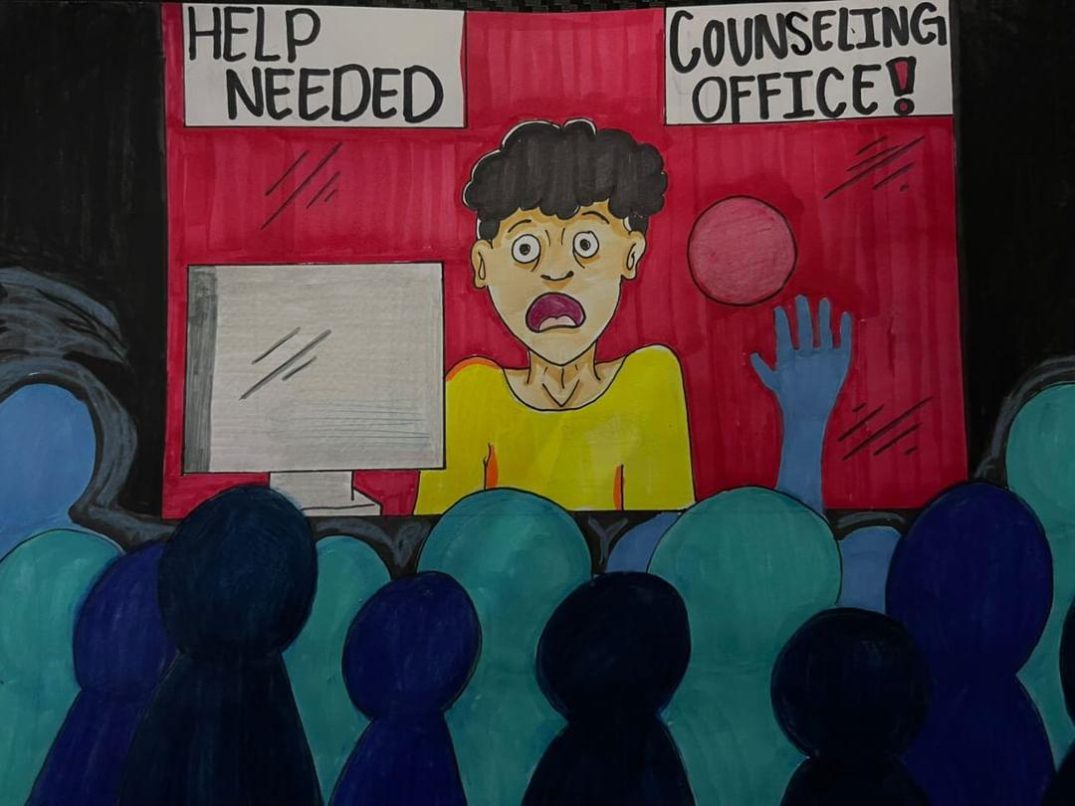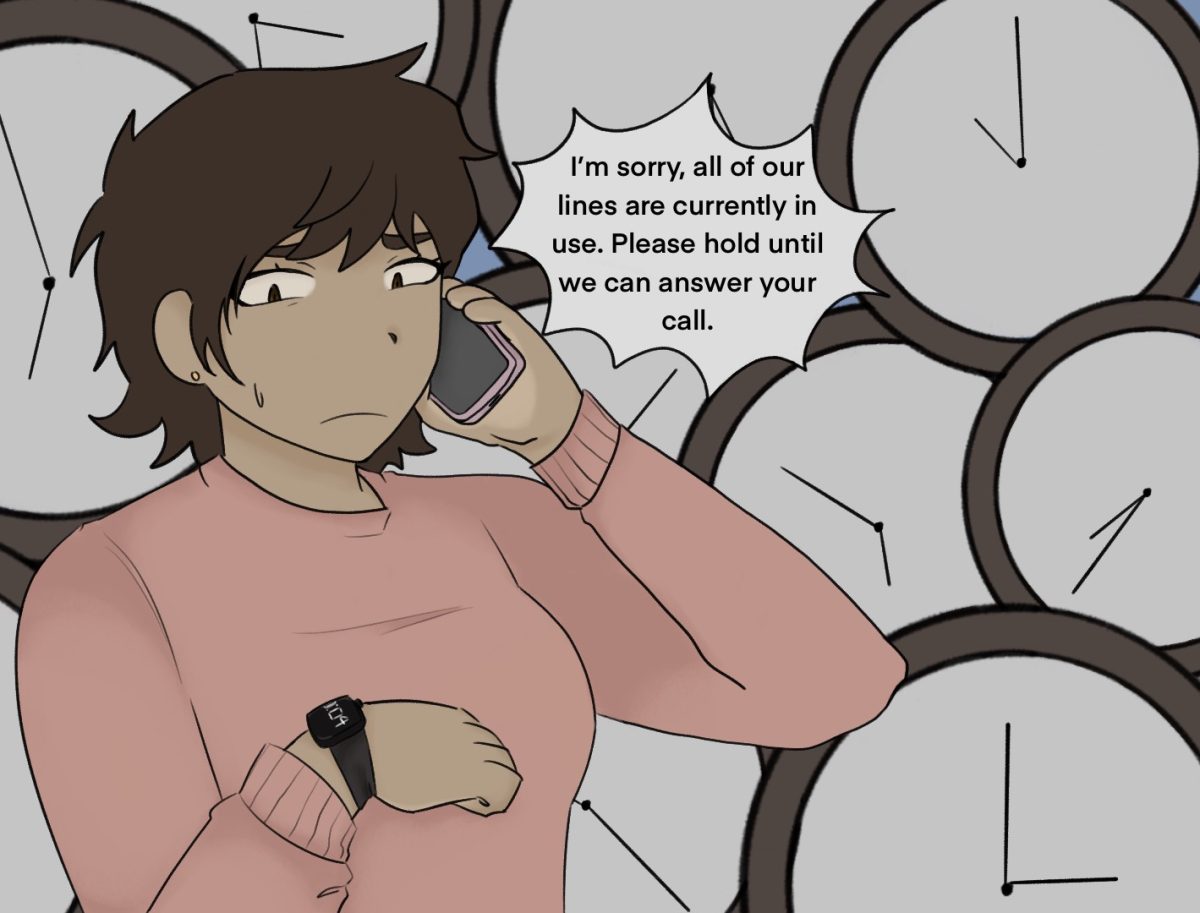How do you define friendship? How do you gauge if it’s bad or good? Sometimes it’s hard to differentiate between mere acquaintances and real friends, especially in college where everyone is competitive as if there’s only one spot at the university for transfers. Finding friends isn’t hard, but looking for genuine people involves a lot more than just saying “hello” and “take care.”
Open minds attract a lot of friends. If we think that we are only able to find true friendship in a particular type of people, or a certain race, then we are limiting ourselves on the myriad of things that different types of people have to offer. If we are close-minded in such a way that we would only hang out with people who are like us, we are denying the possibility of gaining a wealth of friends.
And people aren’t always what they seem at first. You might see somebody as the complete opposite in what you’re looking for in a friend, but you would be surprised in the friendship he offers once you got to know him better. He might be everything that you’d ever wanted, but you would never know it until you take the chance to get to know that person.
A good friend is like a good old trusty pair of jeans-it makes you feel comfortable about yourself. Good friends wouldn’t instill a sense of inferiority in you nor try to beat you in your craft.
The root of all relationships is friendship. People might think that mere friendship is inferior to an intimate relationship or even marriage, but a marriage is nothing without a good rapport. One of the characteristics of a good friend is that he will go out of his way to guide you in the right direction, without being overbearing. He knows the difference between pushing you to succeed and being manipulative. A good friend knows your limits, as well as his. He wouldn’t take advantage of you, like fishing for secrets when you’re depressed or using everything he knows against you later on.
Some might think that one of the unwritten rules of a friendship is never try to force change. But it is only applicable in some cases. In other situations, it is a friend’s responsibility to shake some sense in our stubborn little heads when we’re over the edge.
When a friend is not aware that he’s in trouble, it is our duty to steer them in the right path. For example, if your friend is an alcoholic, and you know that he’s in trouble, you shouldn’t be passive and say, “I can’t change him,” because you can do him a big favor-you can lead him in the right direction. You’re the one who knows what’s right when his judgment is poor.
Friendship shouldn’t come with a price tag. If it’s real, it should be priceless. It should not be something that you owe to someone just because he buys you things or gives you rides. We may not acknowledge this at once, but it’s much better to appreciate the greatness of a friendship while you’re still in it, rather than lamenting the loss when the friendship has dwindled down. So when a friend has done you a favor, let them know how much it is valued. We sometimes tend to overlook the little things that friends have done for us, but we should take time to learn how to appreciate them.
There’s a potential in us all; deep inside we’re driven to various goals, and we have to be with people who would help us sort out the trash pile in ourselves to discover the glinting gem within us.
This Thanksgiving, we should be more thankful for friends than money or tangible things.
Life is much more complicated than we might think. There’s a deeper, darker side of the world that some of us have never seen before, and friends are like safety buckles that would keep us from being ricocheted at 60 mph. And if we are able to find the right group of people that would make us feel worthy as a person, then there’s no doubt in calling ourselves rich.






